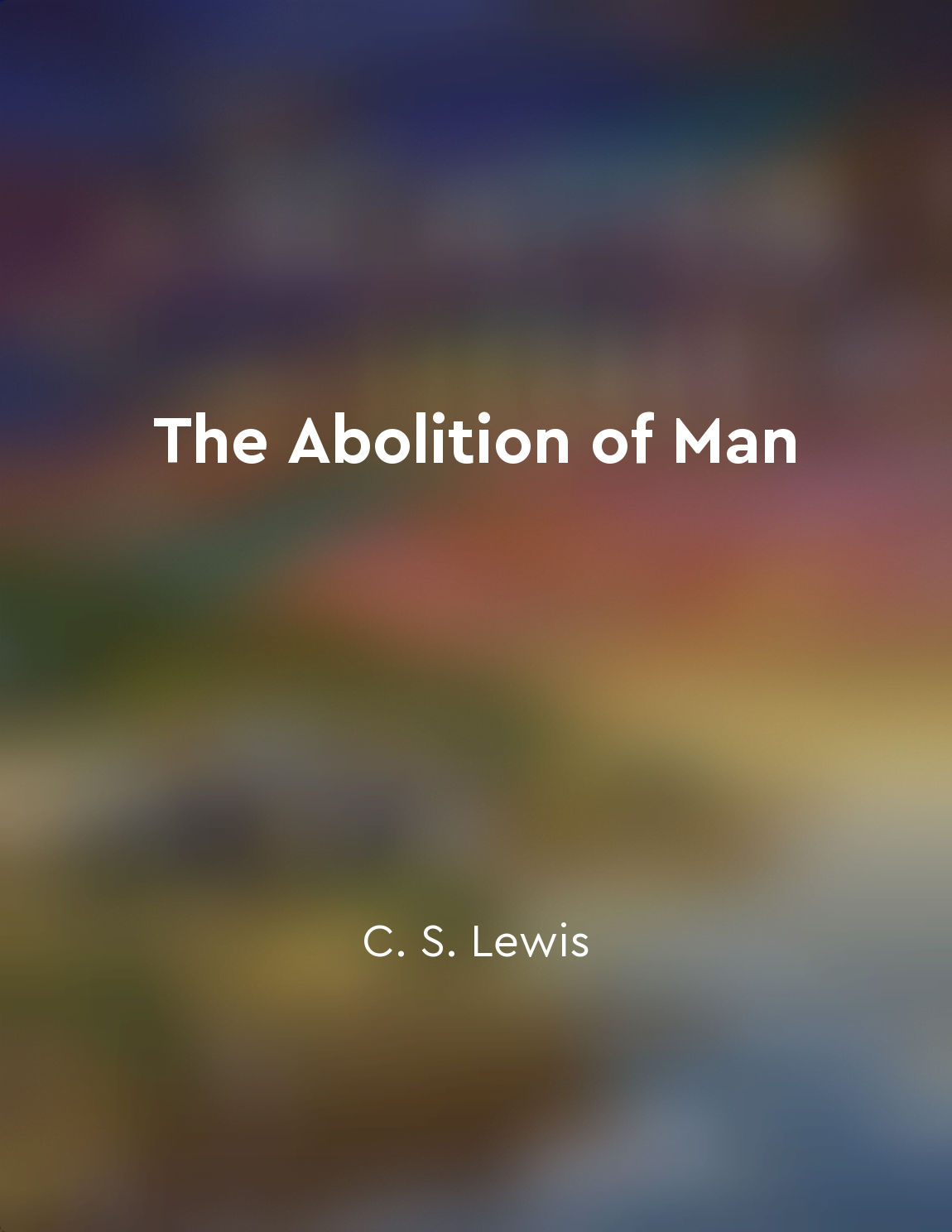The moral worth of an action is determined by the intention behind it, not the consequences from "summary" of Groundwork for the Metaphysics of Morals by Immanuel Kant
In evaluating the moral worth of an action, one must look beyond the outcomes or consequences of that action. According to Kant, it is the intention behind the action that truly determines its moral value. This means that even if an action leads to negative consequences, it may still be deemed morally praiseworthy if the intention behind it was good. Kant illustrates this point with the example of a shopkeeper who charges fair prices not out of a genuine sense of duty or respect for others, but simply to maintain a good reputation and attract more customers. Despite the positive consequences of fair pricing, Kant would argue that the moral worth of the shopkeeper's actions is diminished because his intentions were not altruistic. On the other hand, Kant presents the example of a person who helps others out of a genuine sense of duty and compassion, even if their actions do not lead to any tangible benefits or positive outcomes. In this case, Kant would argue that the moral worth of the individual's actions is high because their intentions were pure and driven by a sense of moral duty. By focusing on the intention behind an action rather than its consequences, Kant emphasizes the importance of moral principles and ethical reasoning. He believes that true moral worth comes from acting out of a sense of duty and respect for moral law, rather than simply pursuing desirable outcomes.- Kant's ethical framework highlights the significance of intention in determining the moral worth of an action. By prioritizing the motivation behind our actions and emphasizing the importance of duty and moral principles, Kant challenges us to consider the ethical implications of our intentions rather than just the outcomes of our actions.
Similar Posts

Arjun's dilemma on the battlefield
The prince Arjun was standing on the battlefield of Kurukshetra, facing a great dilemma. He was torn between his duty as a warr...
Work towards shared goals
To be truly effective in any endeavor, it is important to work towards shared goals. This means aligning your efforts with the ...
Rational choice
The concept of rational choice plays a crucial role in ethical and political theory. Rational choice theory assumes that indivi...

Calibration of confidence is vital for accurate predictions
The accuracy of our predictions hinges on our ability to calibrate our confidence levels accordingly. It is not enough to simpl...
The Formula of Humanity requires respect for rational beings
The moral law, which Kant terms the Formula of Humanity, demands that we treat rational beings as ends in themselves, not merel...
Humanity's rational nature
The rational nature of humanity is the distinguishing characteristic that sets us apart from all other beings in the world. It ...

The significance of the Tao as a universal moral law
The Tao, as a universal moral law, holds great significance in shaping the ethical framework of human society. It is not merely...
Emotions influence decisions
In the course of human affairs, the influence of emotions on decisions is a matter of great importance. When we consider the na...
Morality as a system of principles
Morality can be understood as a system of principles that guides our actions and decisions. These principles serve as the found...
Autonomy is essential for moral agency
In order to understand the concept that autonomy is essential for moral agency, we must first grasp the significance of autonom...

